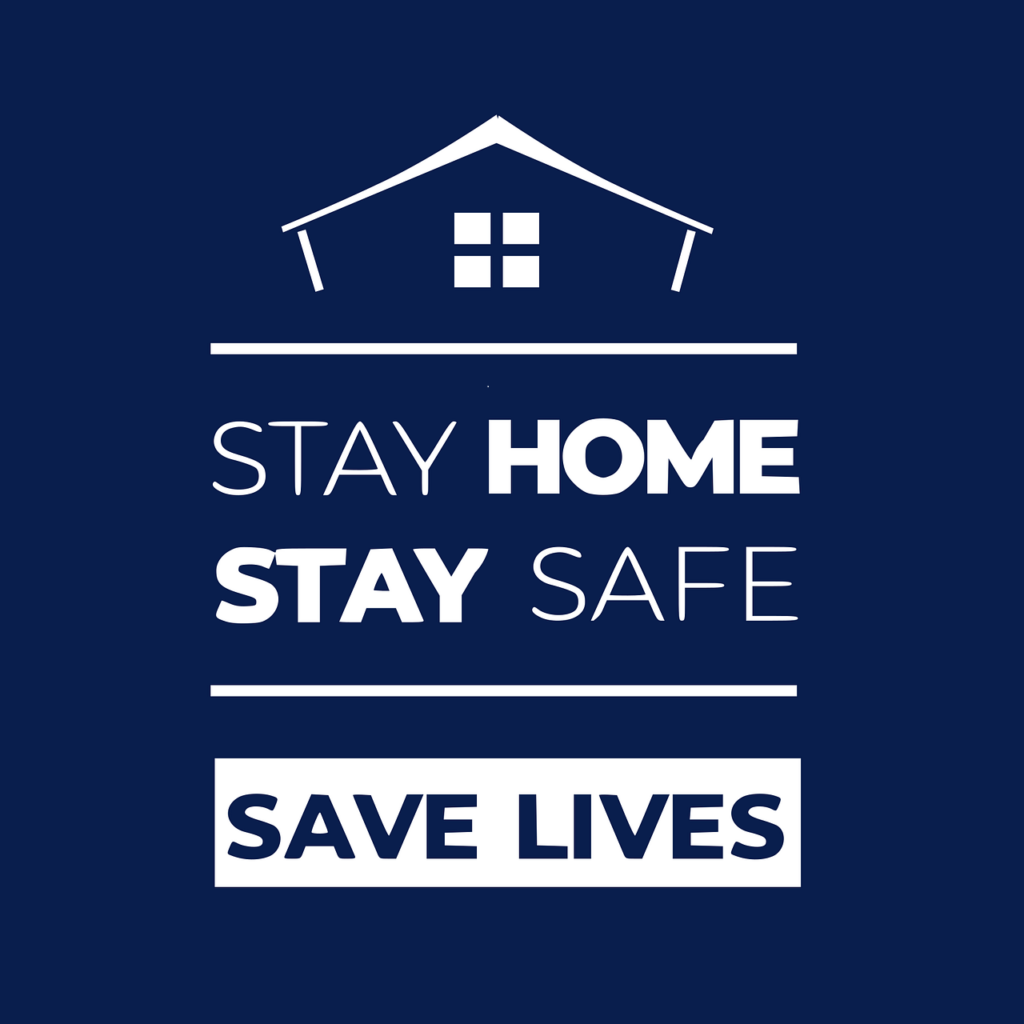A recent RieOrganize! poll on Facebook came up with the following: Stay at home. Boredom. Facebook. Zoom meetings. Gratitude for front line workers. Frustration about having to wear a mask. Death. Telecommuting. Homeschooling. Social isolation.
Until recently, I knew of only a handful of friends who were dealing with COVID-19. Most were friends who live out of town or who were dealing with their friends/family members who were dealing with the virus. Yesterday, I was told that a friend is in the ICU with novel coronavirus. While we were not close friends, we did keep in touch over the 30+ years that I’ve known him and his husband.
What I realized today, however, was how much I did not know about them. For instance, who is my friend’s next of kin? My immediate answer would be, of course, his husband. But his husband died last week of a non-coronavirus-related illness. I don’t know if he has a health care directive or, if he does, who is listed as the alternate proxy because his husband just died – or where this document is located. I know that his husband took care of most of their financial, legal and daily responsibilities. I don’t know who will be responsible for all of that now and, more importantly, nor does anyone else. Everyone is scrambling to try to figure out what to do!
While this is indeed stressful and sad, I have to ask myself and you…
· How many of us or our friends or family members could find themselves in a similar situation?
· Have we taken care of our own medical, legal and financial paperwork? If we have, does anyone know where it is located or have easy access to it?
· Will you or someone you know find themselves sick or dying alone with no one who knows what you would want to happen medically or, if you should die, with your belongings?
According to our informal Facebook poll, not everything in our world today is discouraging, heartbreaking, disheartening or grim. Looking at some of the memes on Facebook or Instagram can make you smile or laugh out loud.
There is little wrong with cooking or baking too much, using Zoom or Facetime to be connected to friends, relatives and colleagues, binge watching Netflix or taking naps. There is much kindness, laughter and sharing. Neighbors are helping neighbors.
This can be a time of transformation – interpersonally, socially, economically and globally. It can be a time to focus on the people and things that are important in our lives.
And this is where we all come in to transform our world into a better place in which to live. Thinking about medical and financial preparedness is not high on most people’s lists of things they want to do, but, especially during this time, it is essential.
First, we should examine our own paperwork. How prepared are we? Then, we should take a look at our contact lists. Who do we know who may need help?
Few people want to talk about the possibility of being sick or dying. In this age of COVID-19, it is imperative that we do so and that we talk with those whom we love and help them to prepare as well.
This is something that cannot wait. Please take steps to ensure that someone will know what you want to happen if you are unable to speak for yourself.
Stay well, stay safe and stay home… and if you are one of the many who must go to work to keep us safe, healthy, fed, informed or otherwise (relatively) sane, thank you.

 Someday, you may be brought to a hospital in critical condition. You may be confused or unable to answer questions that are asked of you. You are not dead and, in actuality (and hopefully), you might not die.
Someday, you may be brought to a hospital in critical condition. You may be confused or unable to answer questions that are asked of you. You are not dead and, in actuality (and hopefully), you might not die.
If you are sedated and admitted to the hospital, how will the staff know who to contact and what you like or want?
When I worked as a hospital chaplain, I cared for a young man who was in a coma. The nursing staff realized that he became agitated when the room was quiet. His family brought in music from several of his favorite recording artists. When the music was played, he rested peacefully. How did his family know what to do? He told them in advance.
This can even help when the situation is not as critical. For instance, my wife, Naomi, hates to sleep with the blankets tucked tightly around her feet. If something should happen to her, I want to make sure that she is as comfortable as possible. Because I know her wishes, I will be able to relay this to the nursing staff.
While writing an Advance Directive is detailed and usually focuses mainly on end-of-life or death decisions, the following questions may help others care for you when you are critically ill.
Can you answer the following questions?
Remember, you may be healthy and active now, but don’t put off making some of these decisions today. Think of it like a health insurance policy. Hopefully you will never have to use it, but if you do, it is great to know it is available! Knowing what you want to happen is only the first step in the process. Writing your wishes down is the second. Telling someone whom you trust is essential.
Many of us focus on making resolutions that will benefit us individually, improve our lives (stick to my diet, exercise more, declutter the house). This year, I suggest that you do something different; something that is not only for yourself but will be appreciated and remembered by others. This year, I urge you to plan for the future by thinking about and documenting your end-of-life wishes and estate plan.

None of us know what the future will bring. Now, I wish all who are reading this a long, healthy and active life but as my mother used to say, “You never know if you will be hit by a bus.” Now is the time to plan and put into place systems that will serve you for the rest of your life.
Will
I challenge you to make this year’s resolutions ones that will benefit others as well as yourself. Remember, making these decisions in advance and communicating them to the appropriate people is a gift of love that is given to those who will have to make the decisions if /when you can’t. It is a kindness that will never be forgotten.